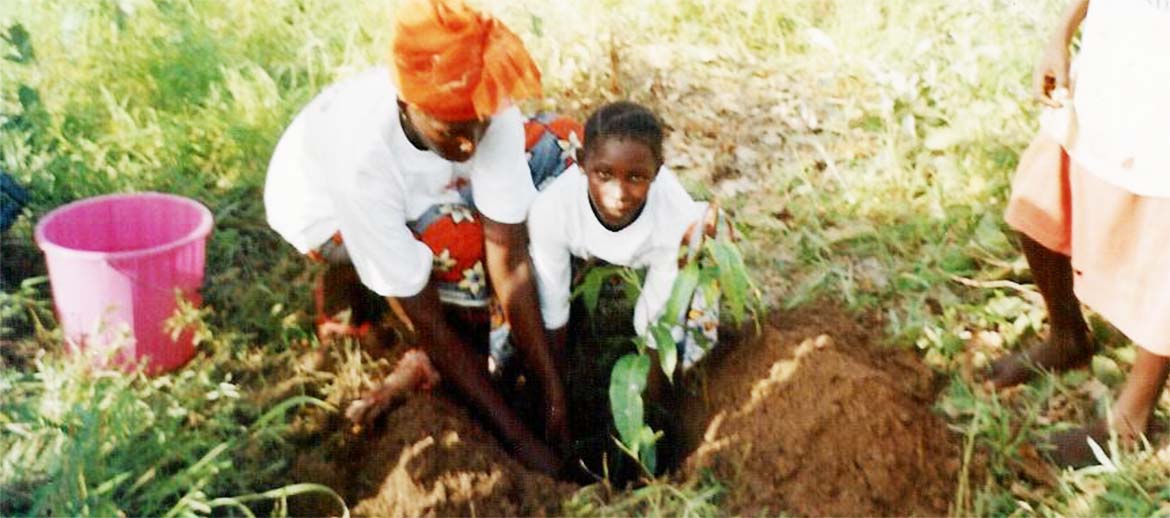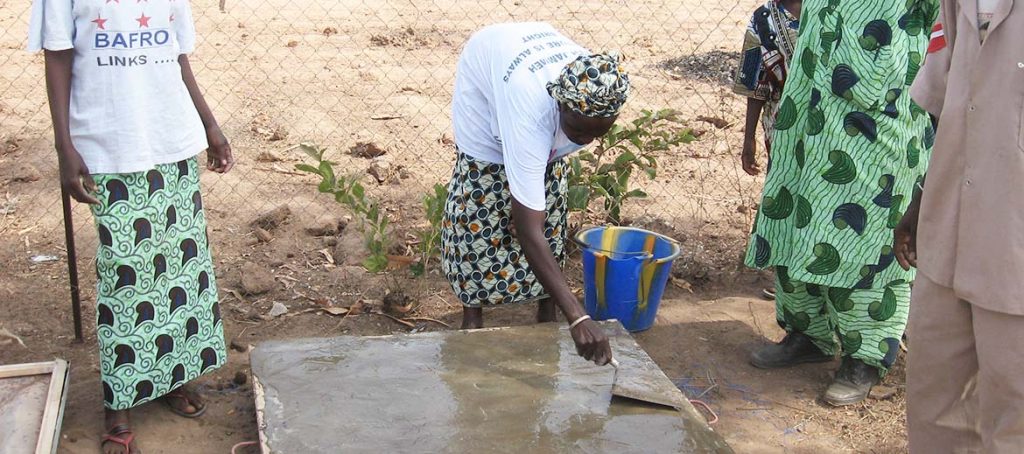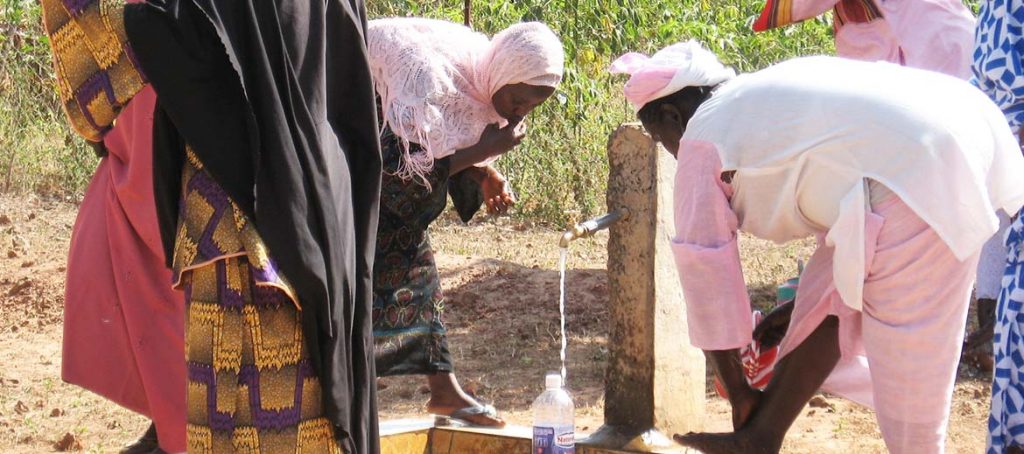Projects
Gender and the environment

Overview
Our Gender and The Environment Project views rural women as high stakeholders in the environment, given their traditional role of exploring, exploiting and sustaining the environment both for domestic use and for the survival of the family.
This project teaches not only women, but also youth and men, about emerging issues around climate change and their impact on the environment as well as how to manage their surrounding ecosystem to arrest deforestation and ensure the sustainability and lushness of the vegetation.
To reinforce and sustain this project, we support environmental initiatives developed by graduates of our Functional Literacy component and women’s groups, organize and support training and information campaign on environmental protection, preservation and regeneration; and support communities to participate in development projects that promote ecologic sustainability and human environment.
Its components are as follows:
My Baby Tree Initiative

Building upon our Child Welfare and Protection component, the My Baby Tree Initiative promotes tree planting for an eco-friendly environment. When a child is registered with the Child welfare program, parents of the enrolled children, who are also beneficiaries of one or more of our integrated health and empowerment activities, plant a tree on enrollment day as a symbol of their commitment to improve their child’s well-being while contributing to environmental restoration and inculcating a culture of environmental protection and management among children and adults.
The growth of the tree is monitored as much as the child is cared for, and the child assumes responsibility to care for the plant when she is old enough to do so. Moreover, families from the same communities are encouraged to grow their trees in the same plot so that, with enough trees, woodlots can begin to form.
A criteria for being part of the Child Welfare and Protection scheme is for parents to commit to never having the child circumcised, which creates an effective synergy between the My Baby Tree initiative, the Child Welfare and Protection initiative and the Alternative Rites of Passage of Girls.
Environmental Sanitation

Complementing our awareness creation efforts on proper environmental sanitation, we have trained men and youth from the village of Mandinaba to sink a total of 12 public and private VIP latrines in the village, built in accordance with the modern standards and specification by the department of community development.
These actions have contributed significantly to good environmental sanitation practices among the villagers.
Water Management

The majority of rural families obtain water from unsafe public water supply units such as open wells, boreholes, streams and the river. This component ensures that community members properly manage such water supply for household use. Beneficiaries are taught simple methods of making water safe for drinking and for domestic use.
These actions are supported by short films, posters, dramas and other forms of communication materials used to demonstrate how the individual, the family and the entire community can be affected by drinking contaminated water.
